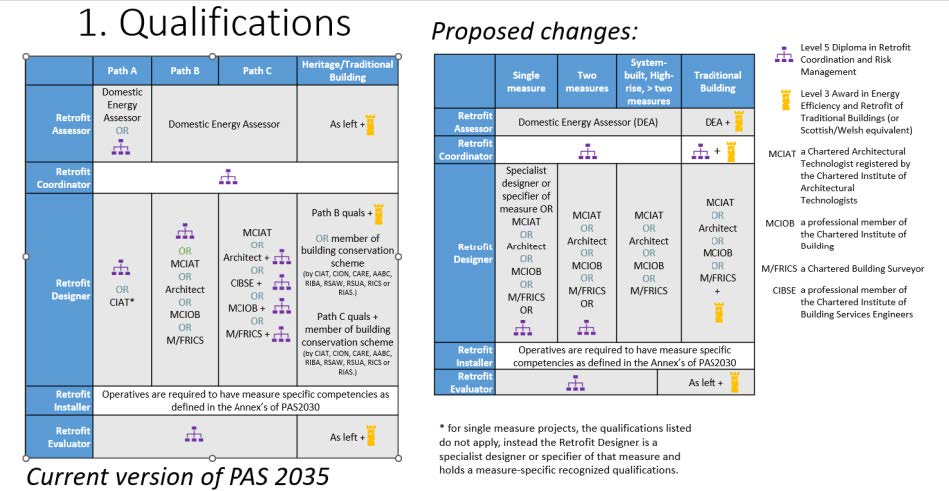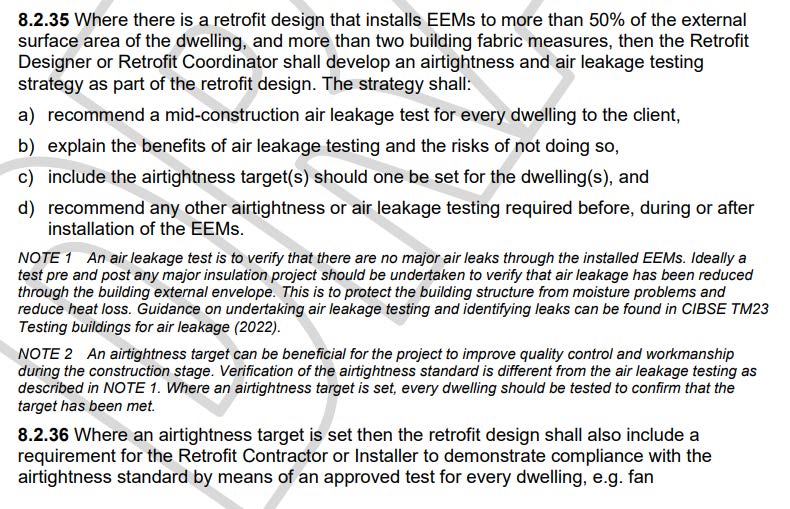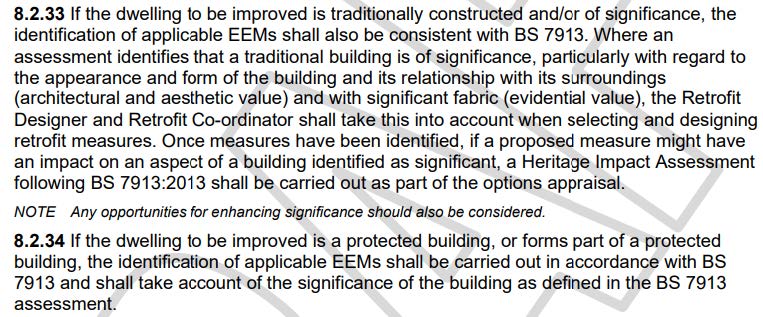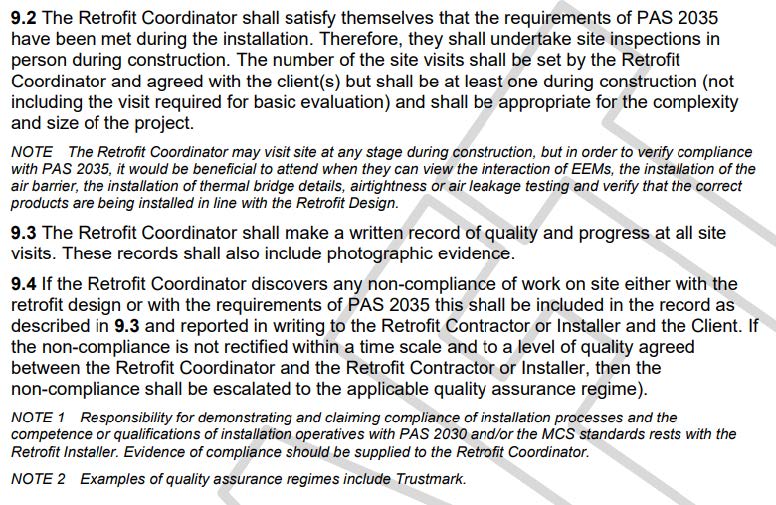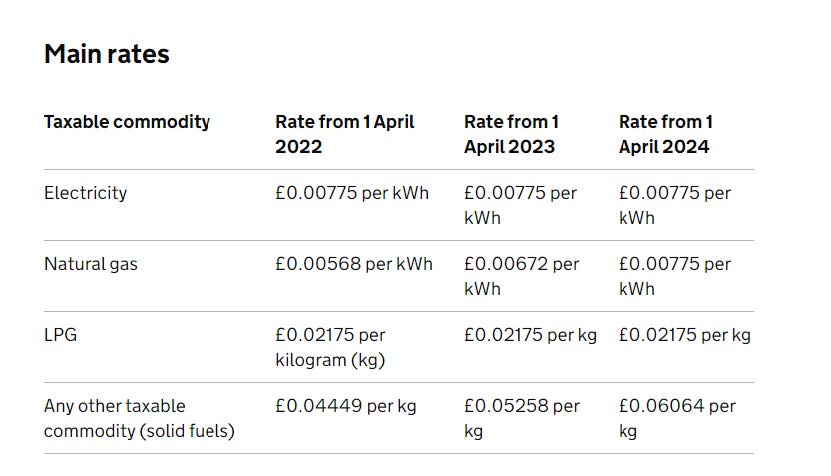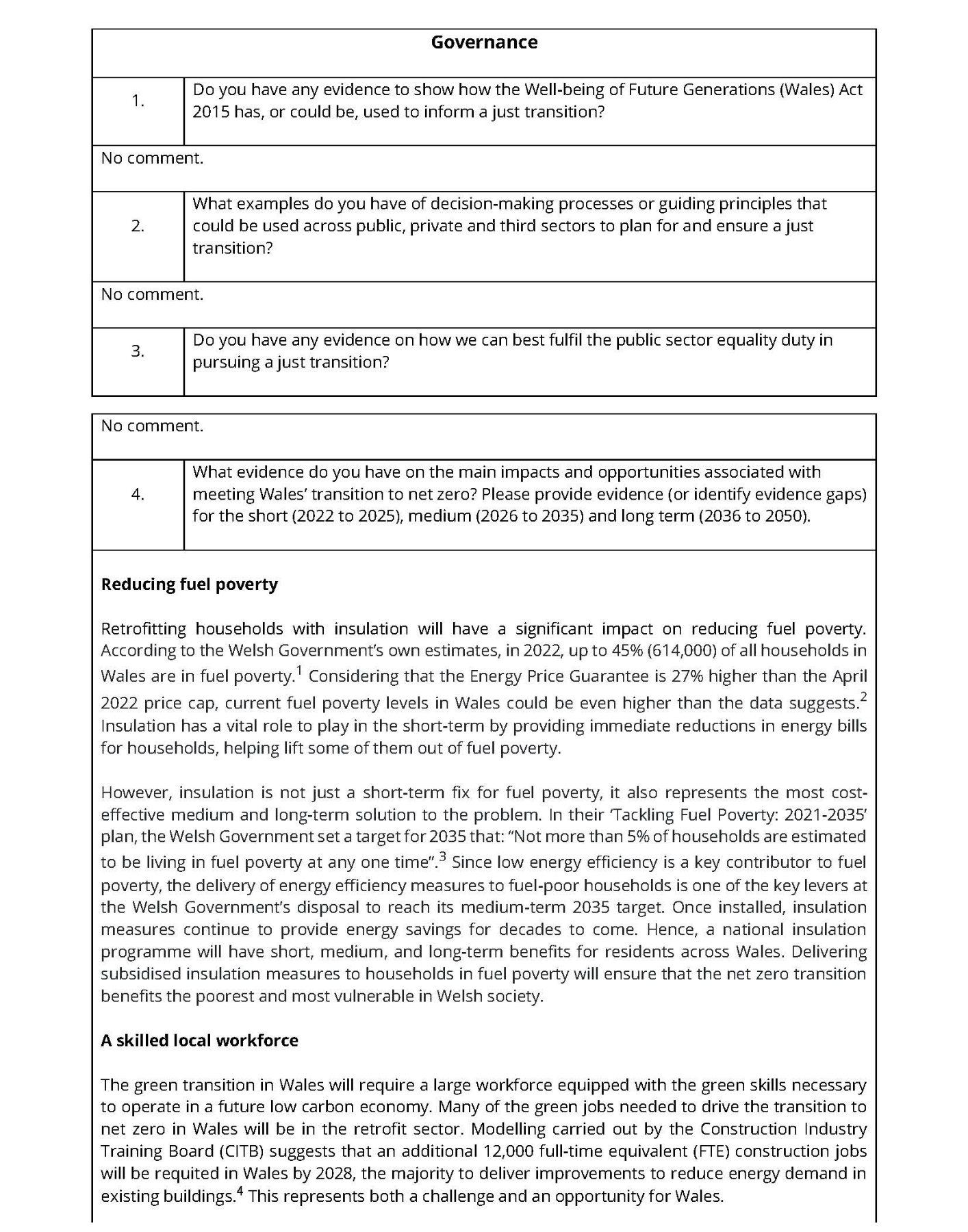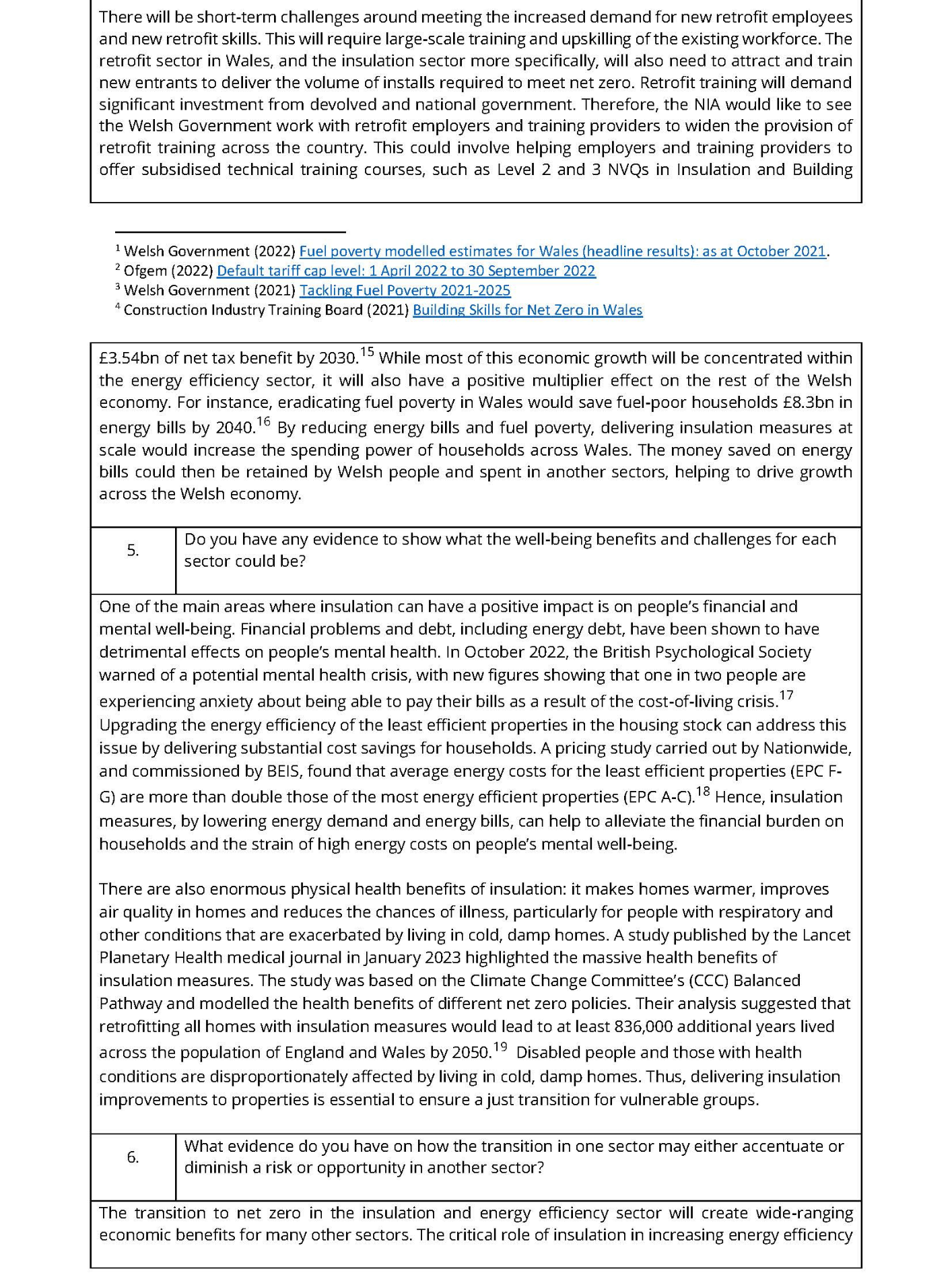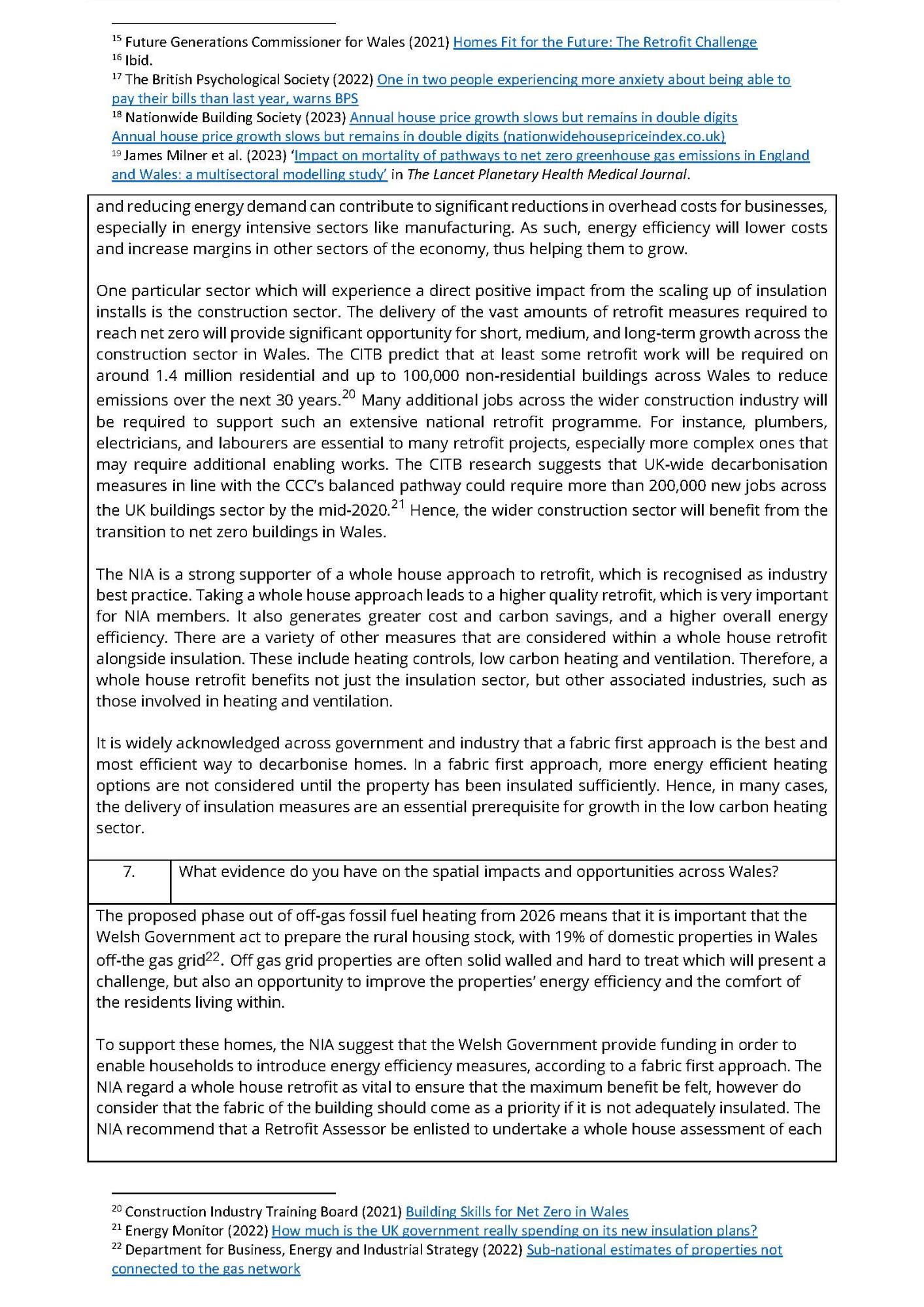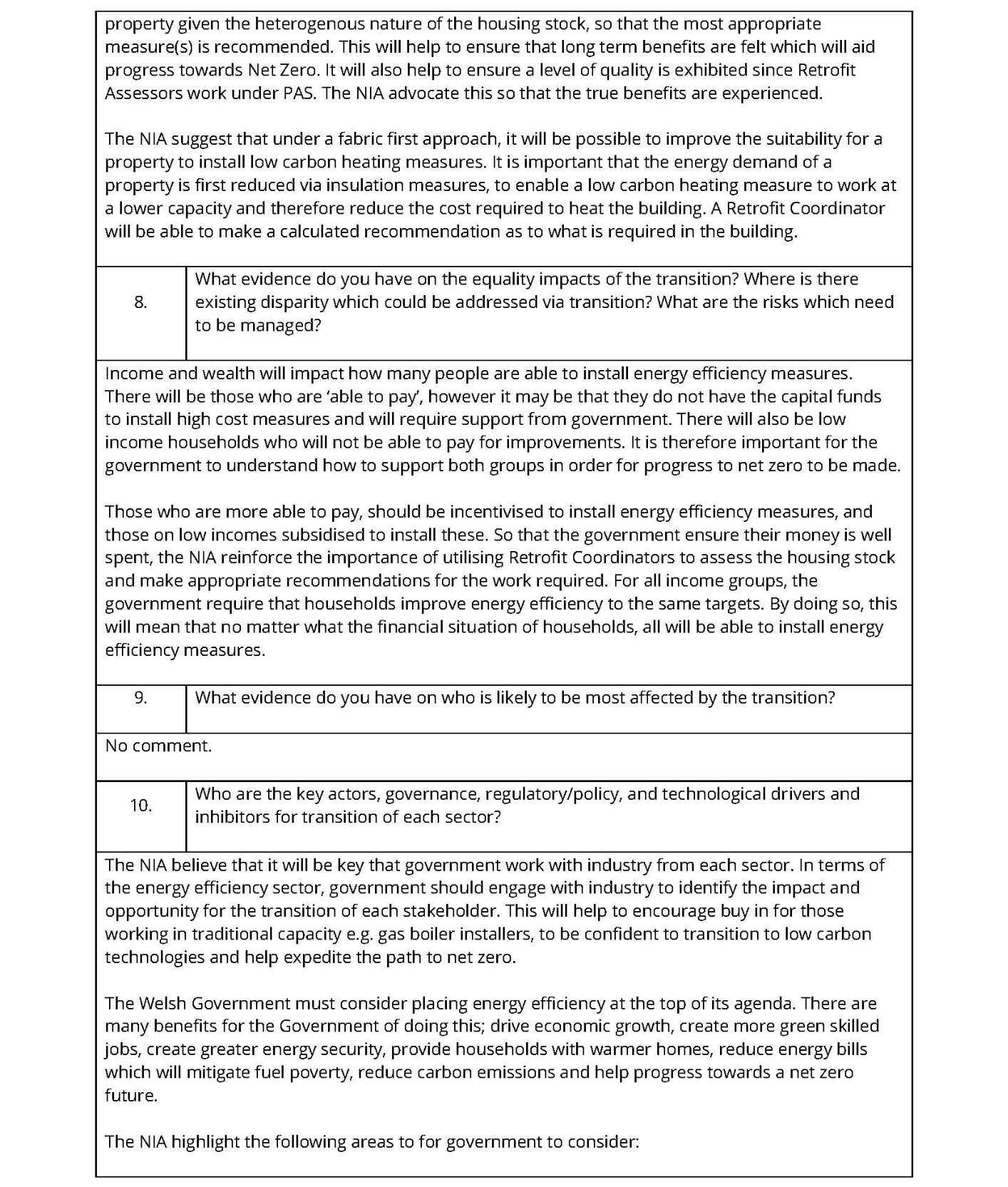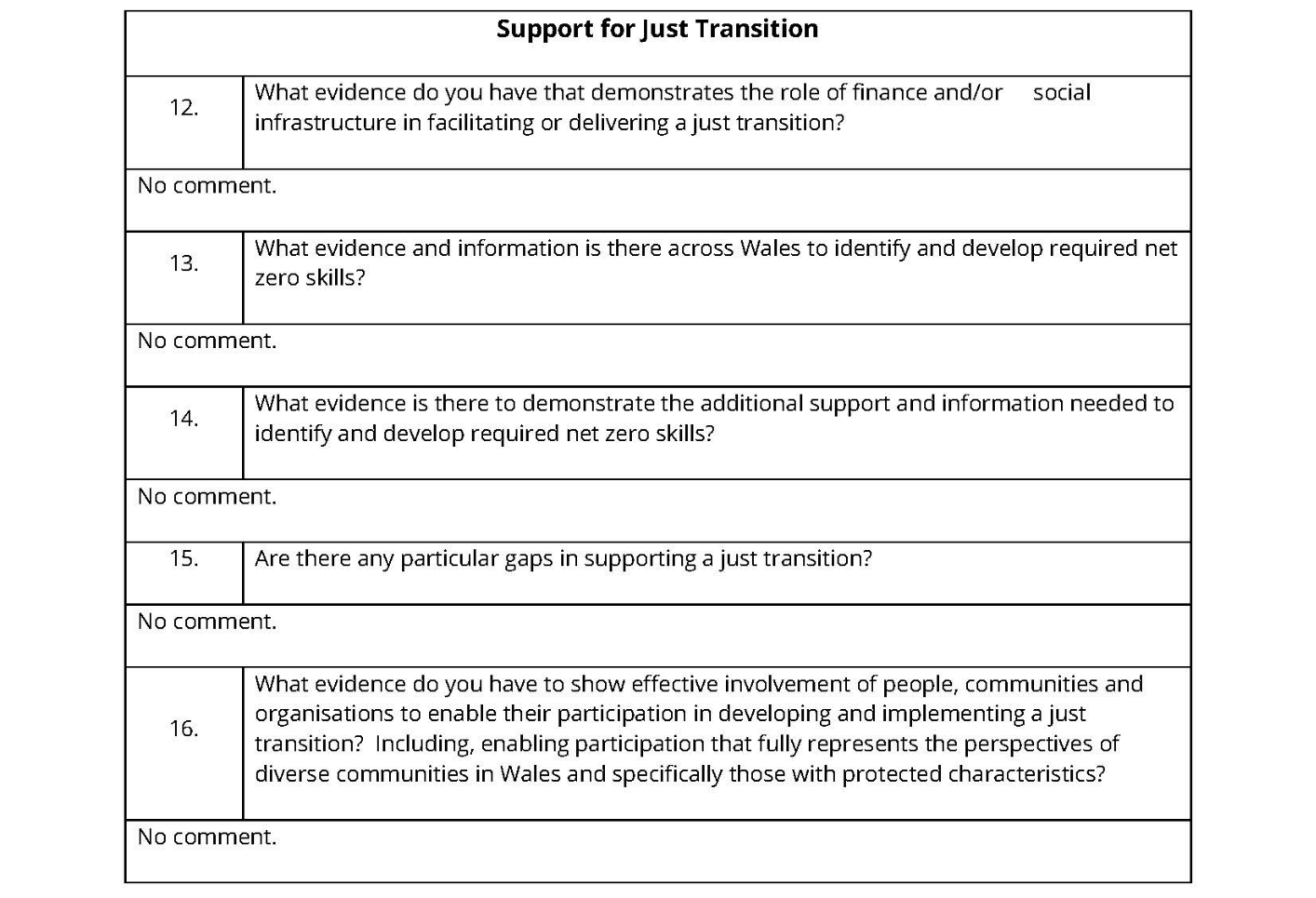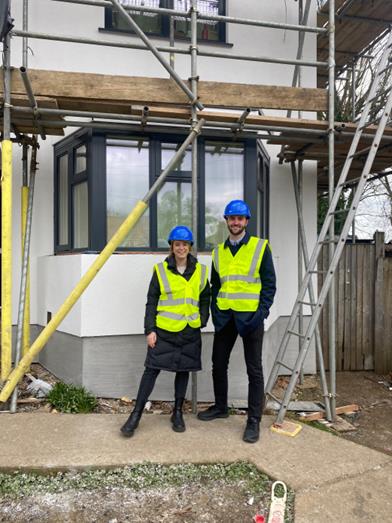
We are delighted to announce the formation of a new membership organisation, the National Home Decarbonisation Group (NHDG), with a core mission to collectively deliver high-quality energy efficiency measures and low carbon technologies at scale across the UK’s housing stock.
The group aims to bring together the major stakeholders from across the retrofit supply chain, so it can provide one coherent voice on the key challenges and opportunities facing the sector going forward. Backed by the country’s leading contractors and residential retrofit specialists and with widescale delivery in mind, the NHDG predicts that in the coming years its members will be at the forefront of large-scale domestic retrofit work in the UK.
With a membership basis comprising of Tier 1 contractors and energy suppliers specialising in retrofit residential decarbonisation at scale, the group will support retrofit installations for all housing tenure types, including social, owner-occupied and private rental homes.
The NHDG will focus on three core areas critical to achieving the government’s ambitious decarbonisation targets for the sector:
1. Growing the retrofit supply chain
2. Advising on policy
3. Stimulating innovation
By focusing on these core areas, the NHDG will support households during the ongoing energy, cost of living, health, and climate crises. The Department for Energy Security and Net Zero (DESNZ), as well as devolved governments and key sector stakeholders, supports the group’s focus on these three core streams.
The NHDG has been founded through the NIA and will build on our existing strengths as a trade association. Our members have a strong track record of delivering large-scale, PAS:2035 compliant installations funded by various government schemes – such as the Social Housing Decarbonisation Fund (SHDF) and Home Upgrade Grant (HUG). Member experience is also vast in the area of home energy efficiency improvements available to the private rental and owner-occupier market, under schemes such as the Energy Company Obligation (ECO). The unrivalled expertise of our members in the energy efficiency space and our strong working relationship with Government makes us ideally placed to facilitate the work of the NHDG.
Our Chairman, Derek Horrocks, will also be chairing the new National Home Decarbonisation Group. He said: “The formation of the group and the commitment already seen from founding members is a defining moment for the residential decarbonisation retrofit industry.
“The industry has seen commitment to retrofit projects diluted or under-delivered in the past and we believe that central and devolved governments need to hear a strong, positive message from experienced industry contractors and stakeholders, confidently confirming the ability of the supply chain to deliver on current and ambitious future targets.
“The continued long-term government commitment for the decarbonisation of 26 million UK homes to meet net zero targets by 2050 is critical, and we have already seen this ramp up significantly with £6.6 billion of Government investment over the current parliament and a further £6 billion pledged between 2025 and 2028 for the sector. As an industry we must ensure we are able to grow and facilitate the long-term far-reaching ambition to achieve net zero.
“NHDG will be spearheading the charge for improvements, especially in skills and innovation, including the digitalisation of retrofit, increased off-site solutions, and the development of finance solutions to support the decarbonisation of the UK’s housing stock.
“This will help create a strong, more efficient industry with robust solutions for the fast-growing demand in the sector. Our links across government and industry are already robust, and the creation of the group will ensure our combined membership will put us in a prime position to move forward as one voice on one mission.”
“We’re aware of our own targets, such as the need for 200,000 more competent retrofitters by 2030, which is why powerful collaboration is needed to create the necessary infrastructure. We’re ready to invest and increase our wider resources collectively to ensure scaling the industry is a success.”
“The stature of our founding members cannot be ignored, and we’re all excited about embracing what the future holds.”
Members of the NIA that already meet the NHDG’s membership criteria will automatically be eligible to join the new group.
The full list of NHDG founding members includes:
- Baxter Kelly
- Bell Group
- British Gas Services
- E.ON Energy Solutions
- Equans Regeneration
- Evolve Home Energy Solutions
- InstaGroup
- Mace Group
- Mears Group
- Osborne Carbon Neutral Solutions
- OVO Energy Solutions
- PHS Home Solutions
- Saving Energy Ltd
- SERS Energy Solutions Group
- Sustainable Building Services (UK) Ltd
- United Living
- VINCI Construction
Expert professional services consultancy Gemserv will act as the group’s secretariat.
To learn more about the NHDG, please visit the website at: https://www.nhdg.org/
For media enquiries, please contact Dominic Smith, Matthew Santos or Katie Nelson at Cartwright Communications via nhdg@cartwrightcommunications.co.uk or on 0115 853 2110.
For all other enquiries, please email us at info@nia-uk.org or give us a call on 0121 718 4558
Join our policy mailing list
NIA members are vital to help shape our consultation responses. If you would like to receive draft consultations for you to provide your input, please email info@NIA-uk.org


